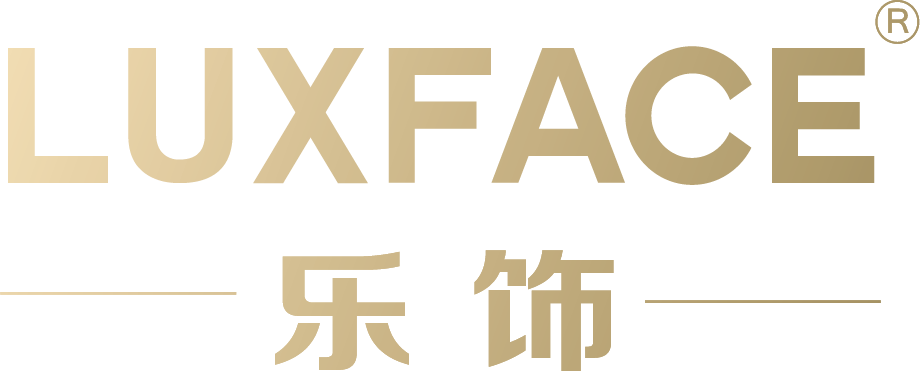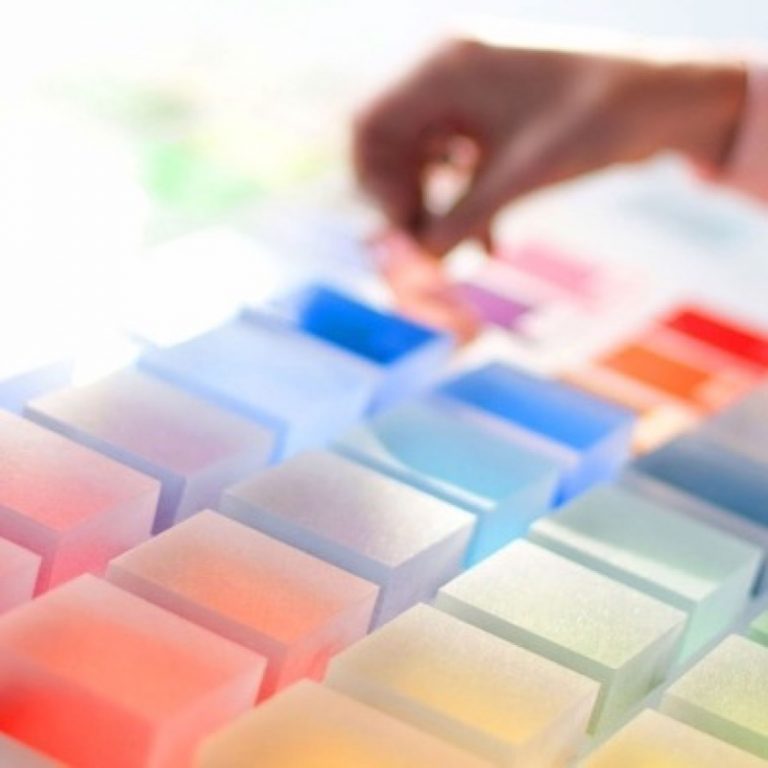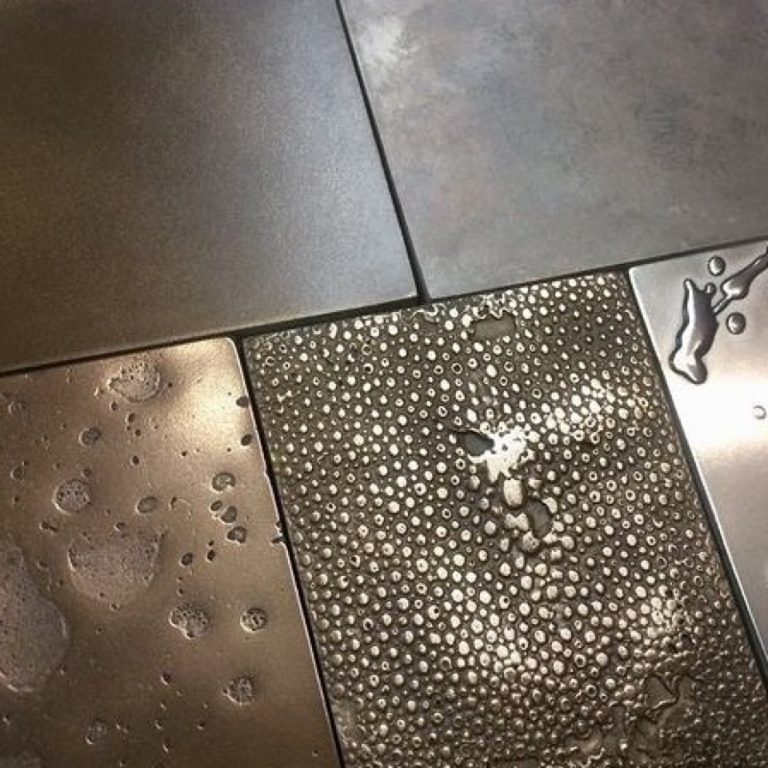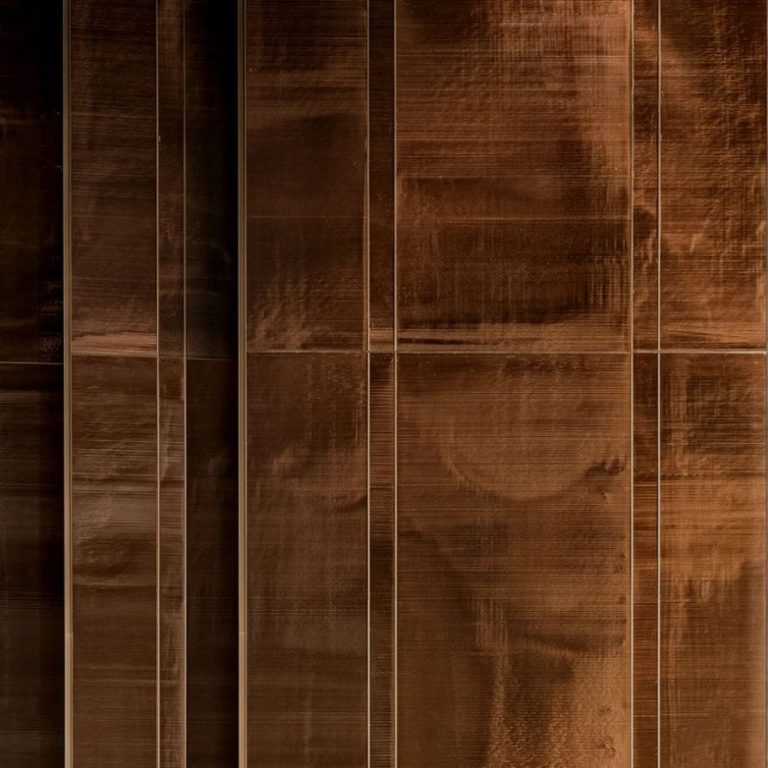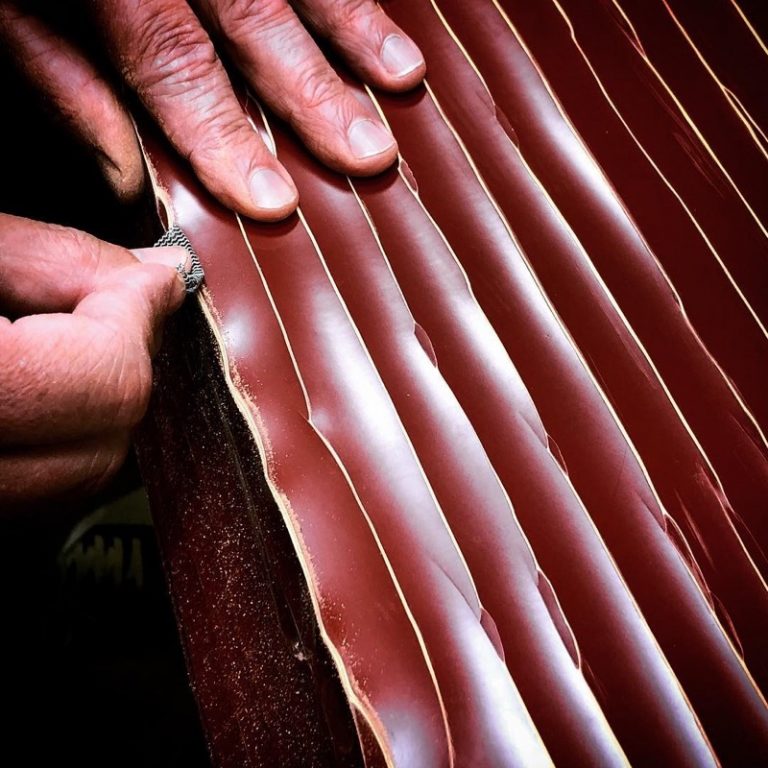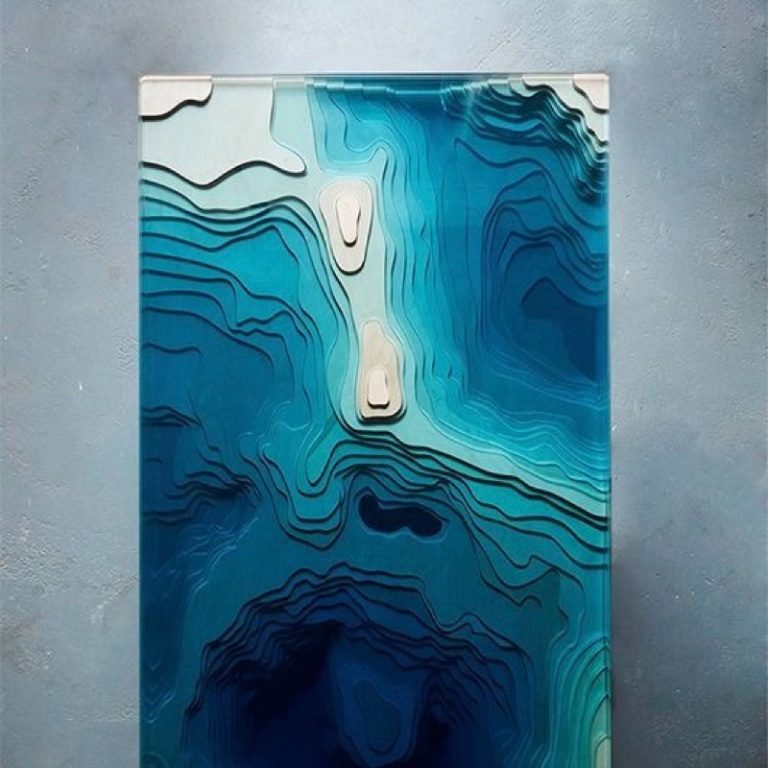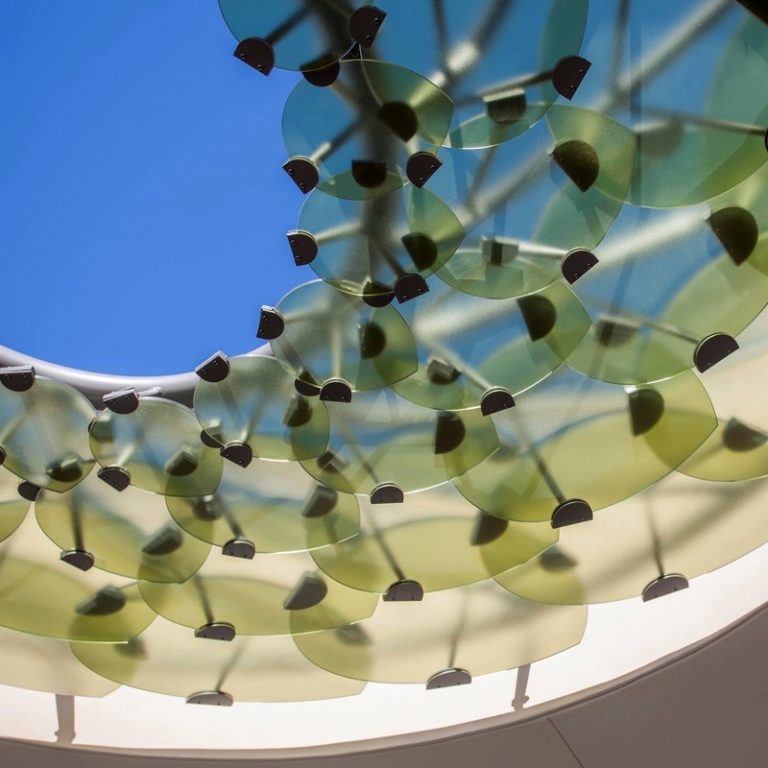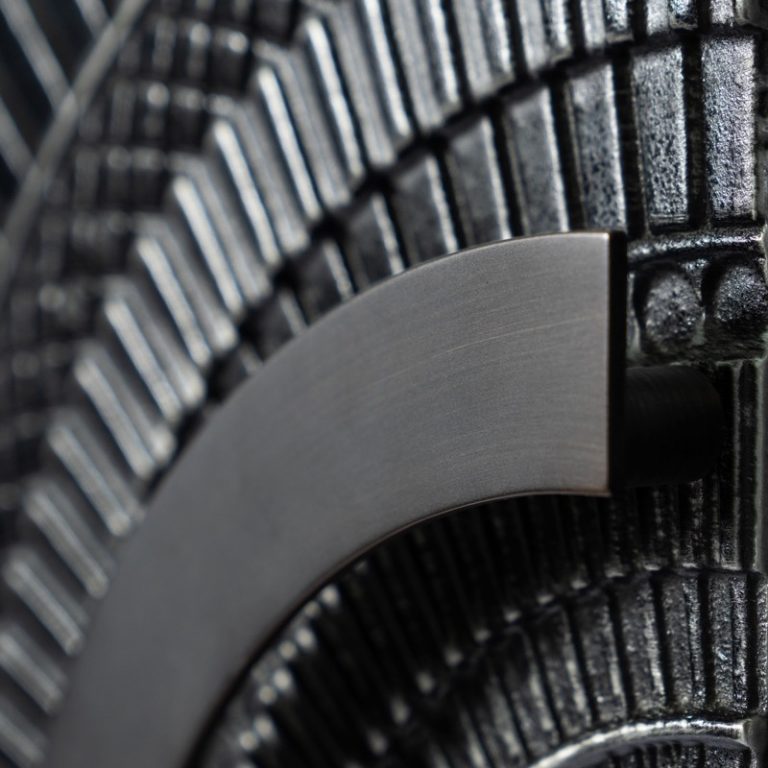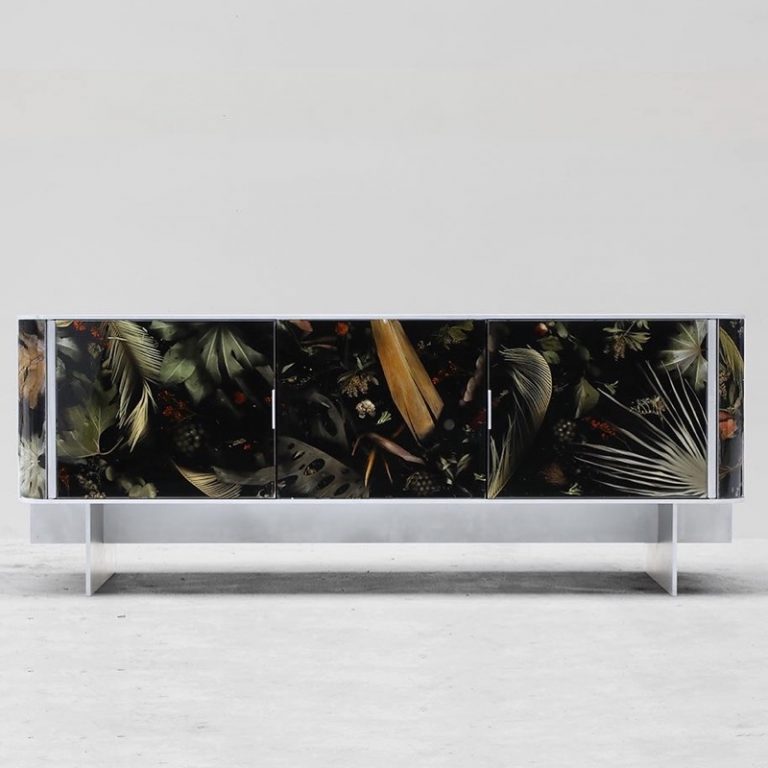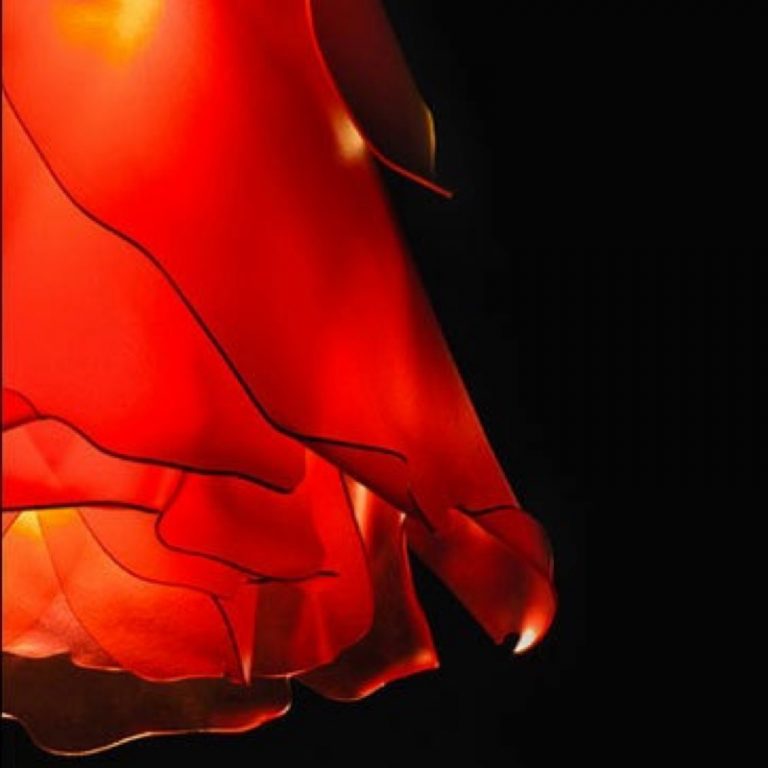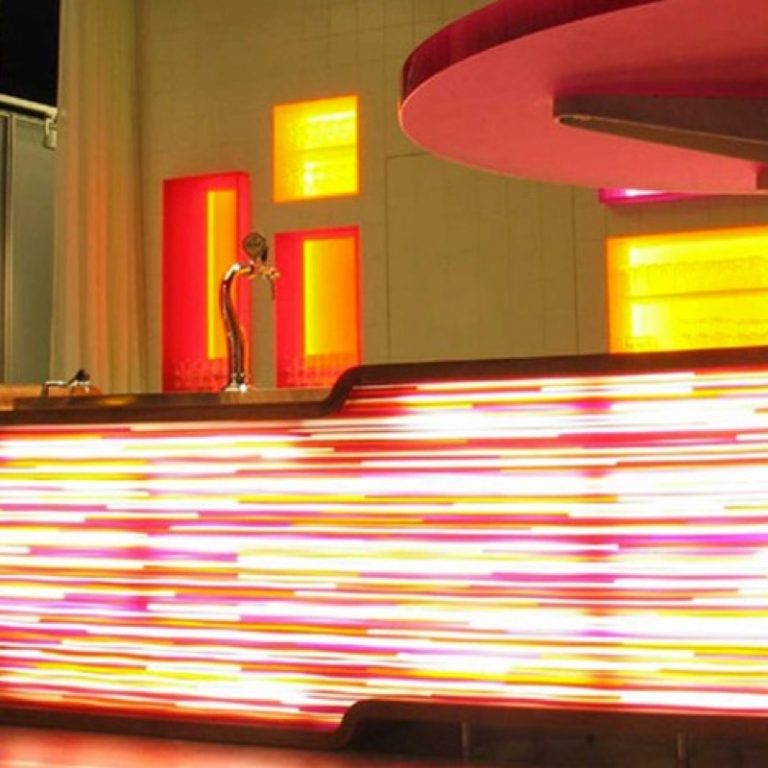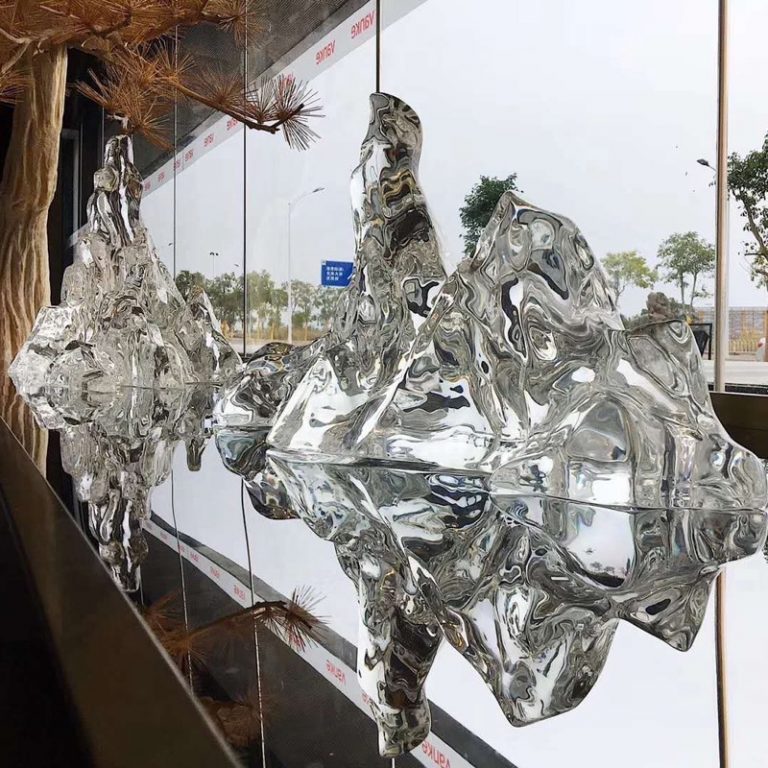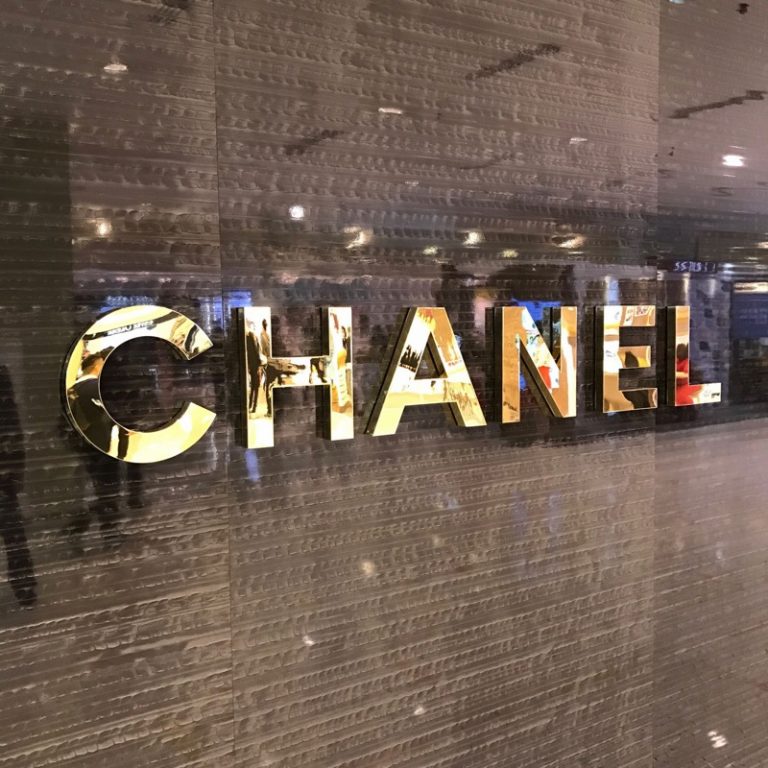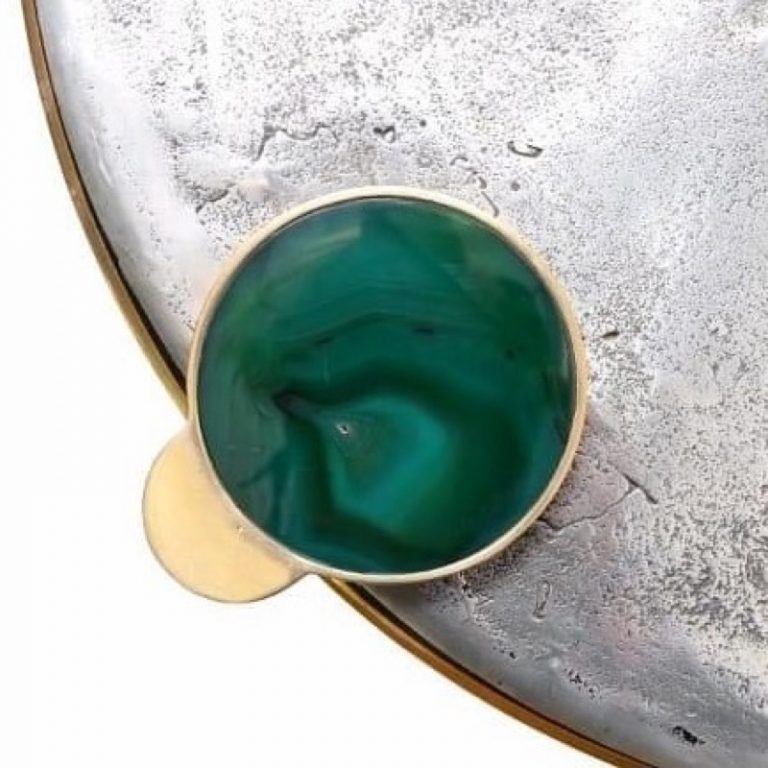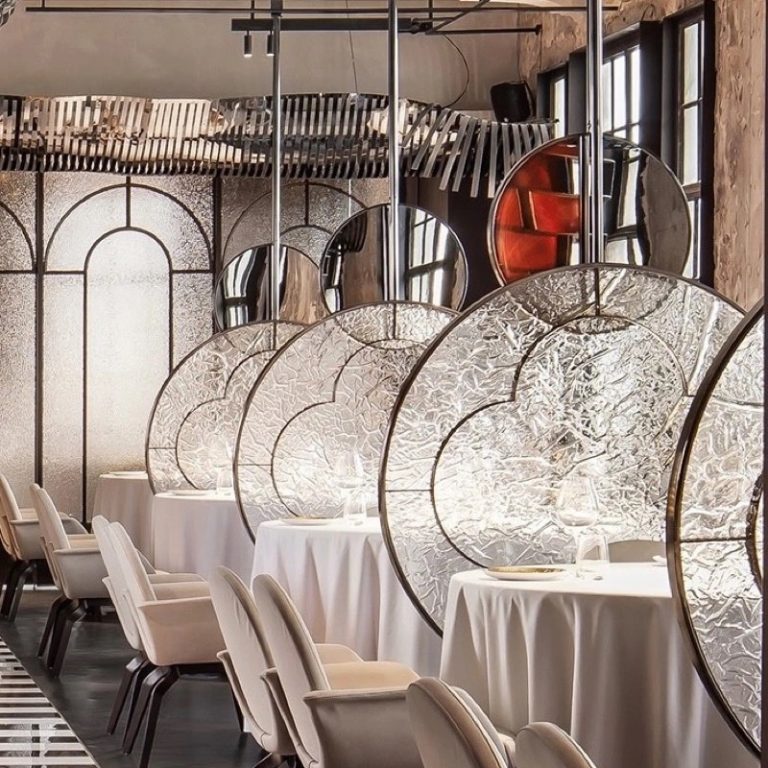Resin panels Luxface new architectural interior design materials
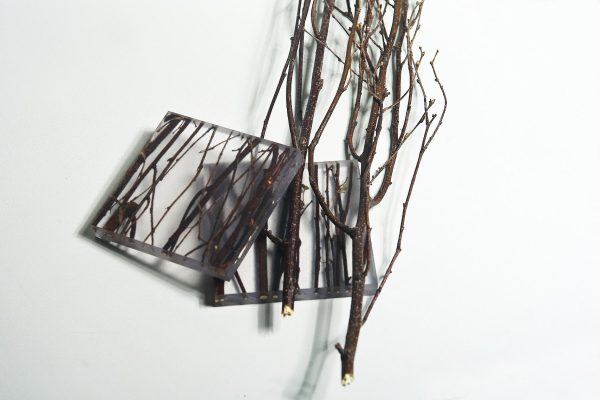
RESIN PANELS is what you make of it.These resin panels provide the utmost aesthetic control;select the color,interlayer,pattern,texture,and finish to fulfill your vision and meet your specifications.See what happens when high design meets total freedom.
Product Description
RESIN PANELS is a dynamic interlayer system. the design possibilities are as diverse as your imagination. By allowing you to custom-select the color, pattern, texture, interlayer and finish of your material, Magic transforms into the perfect medium for your architectural application.
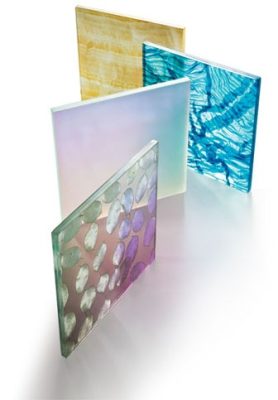
Features anD beneFits
– Produced on an individual order basis, allowing for creative design and product selection
(minimum order quantity -One sheet.)
– Post-formable into virtually any shape or size for eye-catching installations
– Enables qualiication for LEED credits for building sustainability
– Very tough, allowing for easy fabrication and maximum installed durability
– Extremely versatile which enables designers to achieve full design potential
– Lightweight, half the density of glass, which makes for easier installation and reduces
structural support requirements.
– Excellent chemical resistance which reduces potential harm incurred by cleaning agents.
available COlOrs
Available in a variety of standard woven colors
Use the Pure Color System to create over 3,000 color options.
Panel siZes anD tOleranCes
Evowe Mgaic panels are offered in 4′ x 8′ (1.22 m x 2.44 m) and 4′ x 10′ (1.22 m x 3.05 m). All dimensions and squareness (standard with custom)
Magic is available in gauges from 1/16 inch to 1 inch.
speciications
Flammability & smOke test results ¨CbuilDing CODe aPPrOvals
Magic panels (a polyester-based material), have been independently tested and meet the criteria for
approved interior finishes and “light transmitting” resin materials as described in the 2006 Internationa Building Code.
| TEST | EVOWE MAGIC | RESULT |
| ASTM D 2843 Smoke Density | 71.6% | PASS Less than 75 |
| ASTM D 635 Flame Spread | Self extinguishing | PASS CC1 |
| ASTM D 1929 Self-ignition Temperature | 716℉ | PASS Greater than 650℉ |
| ASTM E84-03
Flame Spread, 1/4″ to 1″ thickness Smoke generated |
65 425 |
Class B: 26-75 <450 |
| ASTM E84-03
Flame spread, 1″ thickness Smoke generated |
20 250 |
Class A: 0-25 <450 |
| NFPA 286
1/4″ thickness (walls or ceilings only) 3/8″ thickness (walls, standoff configuration) |
Pass Pass |
Class A Class A |
Panel Weight
| Thickness (inches) | Weight Flux (lb/ft2) |
| 1/16″ (1.5 mm) | 0.4 lb/ft2 (2.0 kg/m2) |
| 1/8″ (3 mm) | 0.8 lb/ft2 (4.0 kg/m2) |
| 3/16″ (4.5 mm) | 1.2 lb/ft2 (6.1 kg/m2) |
| 1/4″ (6 mm) | 1.7 lb/ft2 (8.1 kg/m2) |
| 3/8″ (9.5 mm) | 2.5 lb/ft2 (12.2 kg/m2) |
| 1/2″ (12.5 mm) | 3.3 lb/ft2 (16.1 kg/m2) |
| 3/4″ (19 mm) | 5.0 lb/ft2 (24.4 kg/m2) |
| 1.0″ (25 mm) | 6.6 lb/ft2 (32.2 kg/m2) |
exPansiOn/COntraCtiOn allOWanCes
Like all resin products, Evowe Magic will expand and contract nominally with luctuations in temperature.
The following formula provides allowances that should be made in framed or itted applications:
– Longest length of panel (inches) x temperature change of the sheet (℉) x 0.00004 = Amount of Linear Expansion/Contraction (inches)
example:
– 48″ x 96″ panel that experiences a 50℉ temperature change will expand/contract
96 inches x 50 degrees x 0.00004 in/in ℉ = 0.192 inches (expansion)
heat FOrming/COlD benDing
Magic can be cold bent for simple bends and curved areas. As a rule, a minimum radius of 100 times thickness is acceptable for Magic (will depend on inner-layer material).
Because of its low thermoforming temperature, Magic is easy to strip heat and line bend. Remove protective masking from area to be bent. Using a line heat device, regulate the heat to a temperature that allows Magic to reach 250℉-300℉ (138℃-160℃). Thicker gauge requires a longer period of time to allow heat penetration.
Place sheet over heat source at bend area. Allow heat to soften material; time depends on gauge, 1/8″ (3 mm) typically requires 2 minutes. Remove from heat and make desired bend, and place in wood or fabric-covered aluminum or wood fixture to cool.
– Always strip heat a sample piece irst
– Avoid drafty rooms which can cause uneven heating and cooling
– Be sure to cover forming ixtures with soft fabric to avoid scratching Magic
– Bending Magic when it is too cold results in a highly-stressed, weakened material
– thicker gauges (over 1/8″) may require heating on both sides by turning the sheet over periodically
– Always bend the sheet with the heated side forming the outside radius
eDge Finishing
Edges of Evowe Magic panels are able to be machined or routed into a variety of different forms. In addition to a straight edge, edges may accept beveling, rounding, etc. Additional inishing, such as sanding or polishing, can also be provided to some edges.
Refinishing
Magic finishes such as patent can have blemishes polished out; however, the majority of Evowe products have a surface finish that would be ruined by buffing.”Stucco” is our most durable finish.this finish is recommended for any high-traffic areas.
Selected Mechanical and Physical Properties for Evowe Magic
| TYPICAL VALUE | ||||||||||
| UNITS | 0.060” (2 MM) | 0.118” (3 MM) | 0.236” (6 MM) | |||||||
| PROPERTY* | CONDITIONS | ASTM METHOD | SI | U.S.
CUSTOMARY |
SI | U.S.
CUSTOMARY |
SI | U.S.
CUSTOMARY |
SI | U.S.
CUSTOMARY |
| GENERAL | ||||||||||
| Density | 23℃ (73℉) | D 1505 | kg/m3 | g/cm3 | 1,270 | 1.27 | 1,270 | 1.27 | 1,270 | 1.27 |
| Water
Absorption |
23℃ (73℉)
24h immersion |
D 570 | % | % | 0.3 | 0.3 | 0.2 | 0.2 | 0.1 | 0.1 |
| Heat Deflectio
temperature |
@66psi | D648 | ℃ | ℉ | _ | _ | 73.3 | 164 | _ | _ |
| Continuous Max
Use Temperature |
_ | _ | ℃ | ℉ | _ | _ | _ | 150 | _ | _ |
| MECHANICAL | ||||||||||
| Tensile Stress @
Yield |
50 mm/min
(2 in./min) |
D 638 | MPa | psi | 53 | 7,700 | 53 | 7,700 | 53 | 7,700 |
| Tensile Stress
@ Break |
50 mm/min
(2 in./min) |
D 638 | MPa | psi | 31 | 4,500 | 26 | 3,800 | 26 | 3,800 |
| Elongation @
Yield |
50 mm/min
(2 in./min) |
D 638 | % | % | 4.7 | 4.7 | 4.8 | 4.8 | 5.0 | 5.0 |
| Elongation @
Break |
50 mm/min
(2 in./min) |
D 638 | % | % | 210 | 210 | 50 | 50 | 40 | 40 |
| Tensile Modulus | 5.0 mm/min
(0.2 in./min) |
D 638 | Mpa | psi | _ | _ | 2,200 | 320,000 | _ | _ |
| Flexural
Modulus |
1.27 mm/min
(0.05 in./min) |
D 790 | Mpa | psi | 2,200 | 320,000 | 2,100 | 310,000 | 2,000 | 290,000 |
| Flexural Strength | 1.27 mm/min
(0.05 in./min) |
D 790 | Mpa | psi | 71 | 10,300 | 77 | 11,200 | 83 | 12,000 |
| Rockwell
Hardness |
_ | D 785 | R
Scale |
R Scale | 104 | 104 | 115 | 115 | 117 | 117 |
| Safety
Glazing |
75℉
23.8℃ |
ANSI
97.1 |
does not break | _ | _ | PASS | _ | _ | ||
| Izod Impact
Strength, Notched |
23℃ (73℉)
0℃ (32℉) -30℃ (-22℉) |
D 256
D 256 D 256 |
J/m
J/m J/m |
ft·lbf/in.
ft·lbf/in. ft·lbf/in. |
_
_ _ |
_
_ _ |
88
66 39 |
1.7
1.2 0.7 |
62
_ _ |
1.2
_ _ |
| Impact Strength,
Unnotched |
23℃ (73℉)
0℃ (32℉) -30℃ (-22℉) |
D 4812
D 4812 D 4812 |
J/m
J/m J/m |
ft·lbf/in.
ft·lbf/in. ft·lbf/in. |
_
_ _ |
_
_ _ |
NB**
NBB NBB |
NB**
NBB NBB |
NB**
_ _ |
NB**
_ _ |
| Impact
Resistance! Puncture, Energy @ Max. Load |
23℃ (73℉)
0℃ (32℉) -10℃ (-14℉) -20℃ (-4℉) -30℃ (-22℉) |
D 3763
D 3763 D 3763 D 3763 D 3763 |
J
J J J J |
ft·lbf
ft·lbf ft·lbf ft·lbf ft·lbf |
21
25 26 28 25 |
15
18 19 21 18 |
33
40 42 43 47 |
24
30 31 32 34 |
71
93 96 >100 >100 |
53
69 71 >74 >74 |
* Unless noted otherwise, all tests are run @ 23℃ (73℉) and 50% relative humidity, using specimens
machined from extruded sheeting with a thickness as indicated.
**Nonbreak as defined in ASTM D 4812 using specimens having a thickness as indicated. Properties reported here are typical of average lots.
Evowe makes no representation that the material in any particular shipment will conform exactly to the values given.
sOunD transmissiOn Class (stC) values FOr variOus gauges OF MAGIC
Measurement protocol: ASTM E 90 – Standard Test Method for Laboratory Measurement of Airborne Sound Transmission
Loss of Building Partitions and Elements
| magic thickNess | stc Values |
| 1/8″ (3 mm) | 25 |
| 3/16″ (4.5 mm) | 29 |
| 1/4″ (6 mm) | 31 |
| 3/8″ (9.5 mm) | 34 |
| 1/2″ (12.5 mm) | 36 |
| 1″ (25 mm) | 39 |
ChemiCal resistanCe OF EVOWE MAGIC tO seleCt COmPOunDs
The following table provides indicative performance of the chemical resistance characteristics of ecoresin tensile bars, the material from which Magic panels are produced.
Polymer materials are affected by chemicals in different ways. Factors that initiate a change in performance or appearance when exposed to chemicals can be attributed to fabrication methods, exposure conditions, concentration of chemical substances or exposure duration of certain substances. such factors can even inluence the inal affect of substances that Evowe Magic is considered “Resistant” to by this method. Further details are explained below:
FabriCatiOn
Stresses generated from sanding, grinding, drilling, polishing, machining, sawing and/or forming (hot or cold).
exPOsure
Exposure duration, stresses imparted during the application life-cycle due to loads, temperature changes, heat, environments, etc.
aPPliCatiOn OF ChemiCals
Application from contact, rubbing, wiping, spraying, soaking, etc. Also having an affect is the relative concentration of the chemical in question.
Cleaning instructions
Evowe Magic, like all thermoplastic resin materials, should be cleaned periodically. A regular, seasonal cleaning program will dramatically help prevent noticeable weathering and dirt build-up.
Rinse the sheets with lukewarm water. Remove dust and dirt from Magic with a soft cloth or sponge and a solution of mild soap and/or liquid detergent in water. A 50:50 solution of isopropyl alcohol and water also works well. Rinse thoroughly with lukewarm water.
Always use a soft, damp cloth to blot dry. Rubbing with a dry cloth can scratch the material and create a static charge. Never use scrapers or squeegees on Magic. Also avoid scouring compounds, gasoline, benzene, acetone, carbon tetrachlo-ride, certain deicing luids, gasoline, lacquer thinner or other strong solvents.
do not:
– Use a squeegee
– Strong solvents, highly alkaline or abrasive cleaning agents
– Clean in hot sun or elevated temperatures
– Rub with a dry cloth
Pressure Washing
pressure washing can also be an effective way to remove miscellaneous debris from surfaces of Evowe Magic installations that are in exterior or hard-to-reach places.Pre-soak panels with a light water spray to loosen and remove incidental surface debris.It is recommended that the water pressure for cleaning Magic panels be 1,500 psi or less.
Evowe Magic is a tough material but can be damaged if high pressure is concentrated in a single position too long. Use a gradual sweeping motion over the ap-plication. Never concentrate water spray in a single position. pressure nozzle should never be positioned closer than 8″ (203 mm) from the panel surface.Test a portion of the sheet irst before spraying. If test piece shows any sign of material fatigue, abrasion or delamination-discontinue pressure washing and proceed with manual cleaning instructions as described above.
Coated or painted parts are not suitable for pressure washing as inish may be stripped off. Pressure washing is not suitable for Magic panels that have been edge sealed. If using detergent,use mild detergents only. Rinse sheet with light water spray after washing.
do not:
– concentrate spray in single position
– Use more than 1,500 psi pressure
– Position pressure nozzle closer than 8″ (203 mm) from panel
– Proceed with pressure washing if test piece shows detrimental effects to panel
– Pressure wash Magic panels that have been painted or coated to maintain coating integrity
– Pressure wash Magic panels with sealed edges to ensure edge seals remain in tact
If debris or dirt is not removed by pressure washing attempt to clean with manual procedures described in preceding section.
imPOrtant
If a cleaning material is found to be incompatible in a short-term test, It will usually be found to be incompatible in the field. The converse, however, is not always true. Favorable performance is no guarantee that actual end-use conditions have been duplicated. therefore, these results should be used as a guide only and it is recommended that the user test the products under actual end-use conditions.
